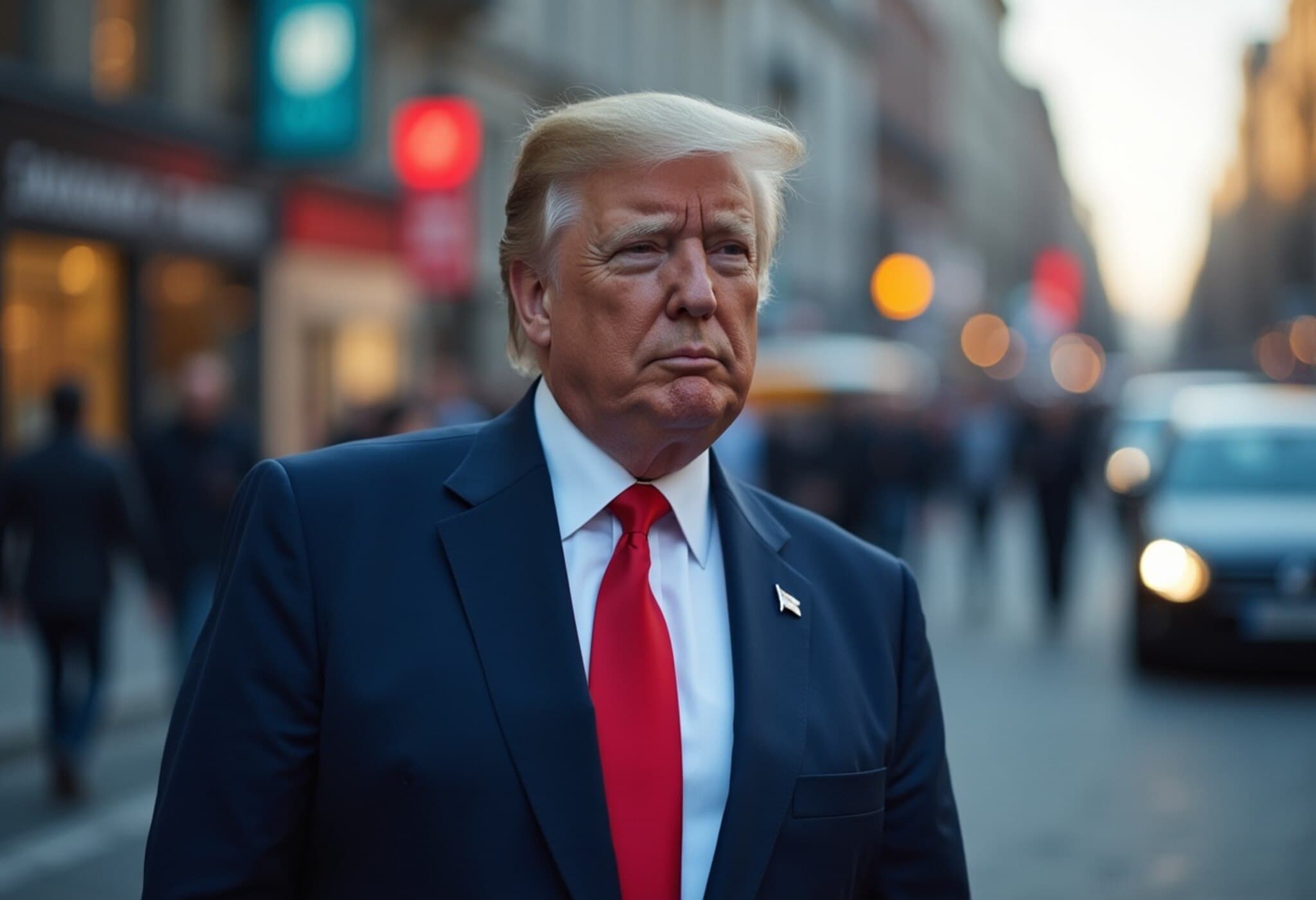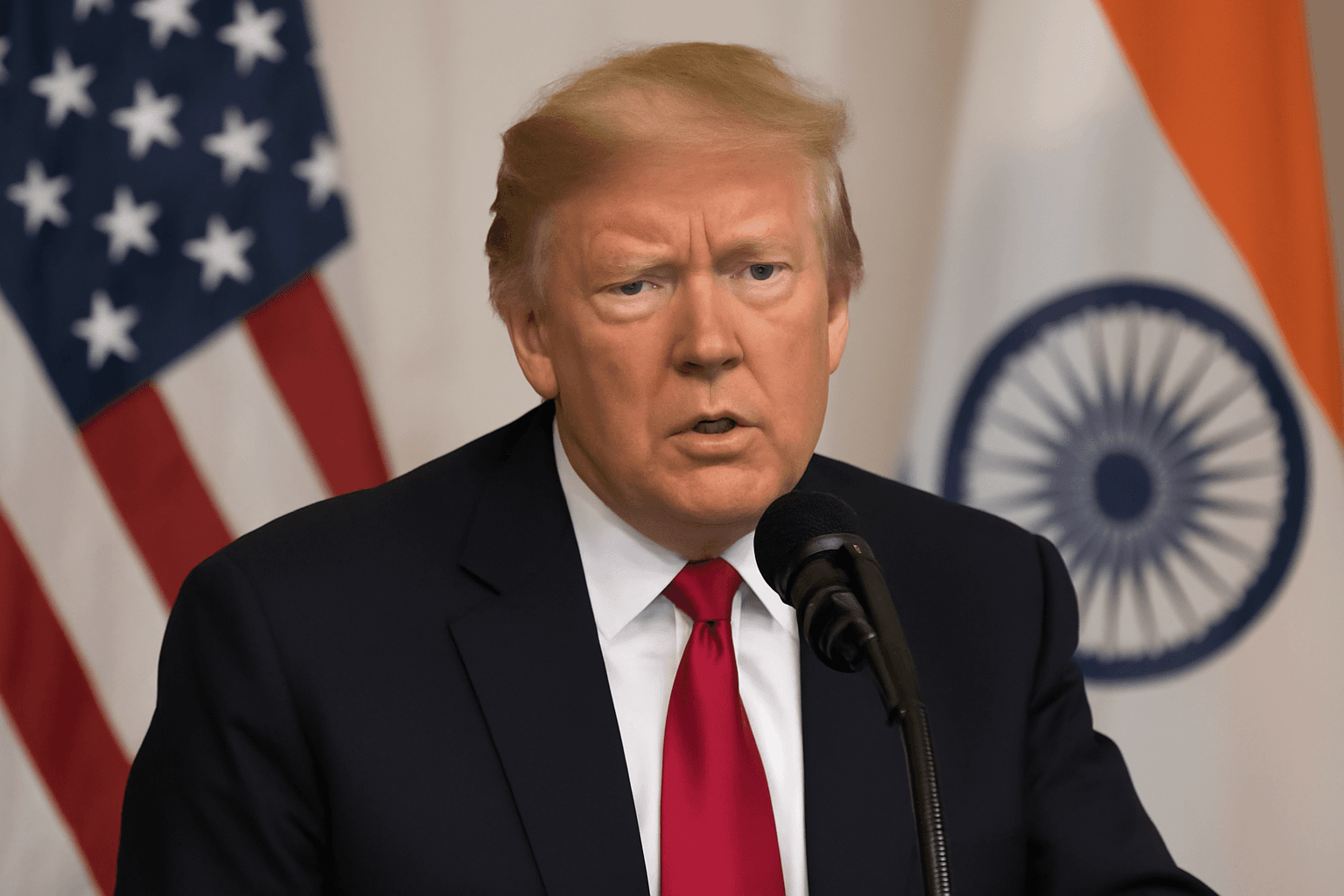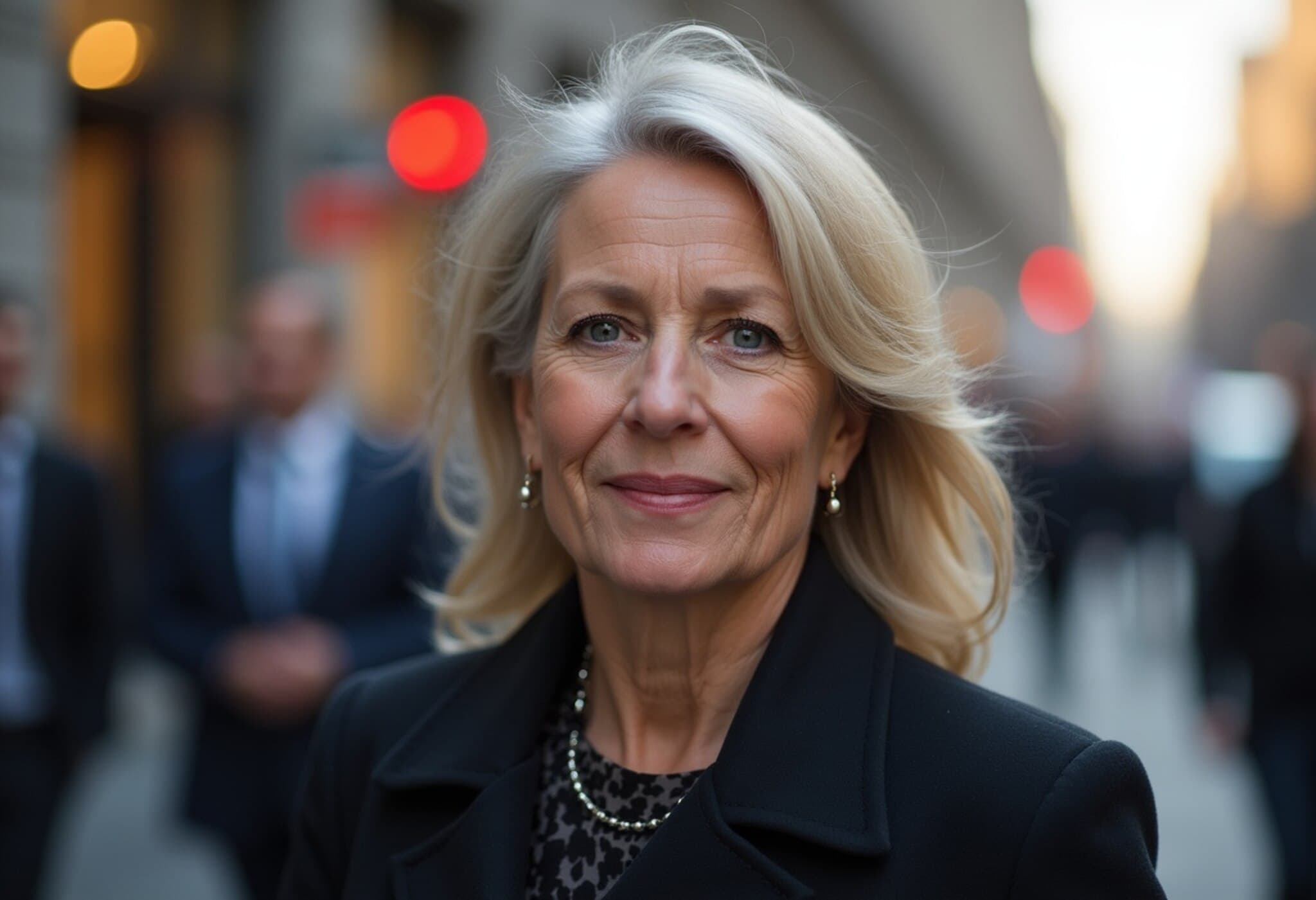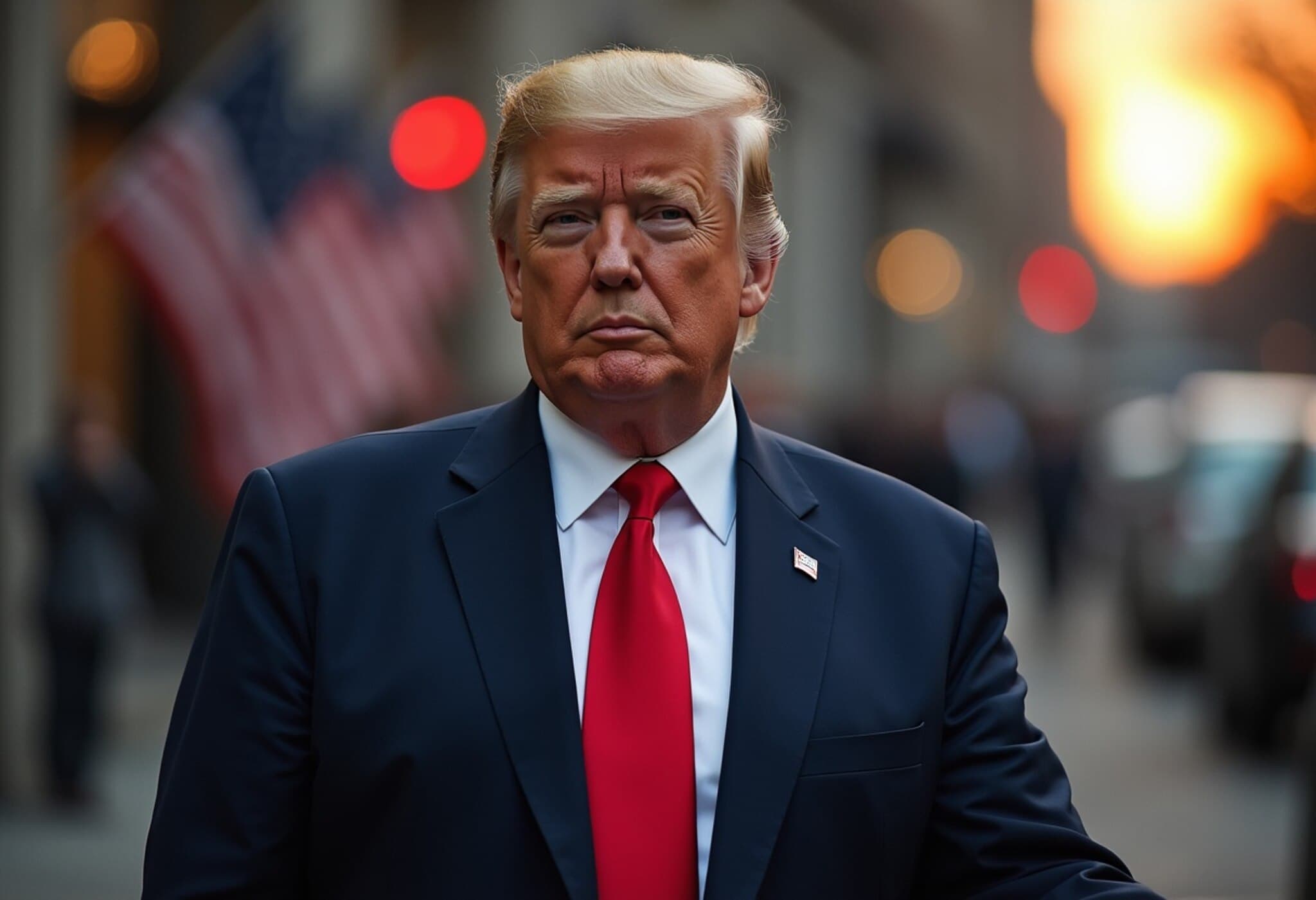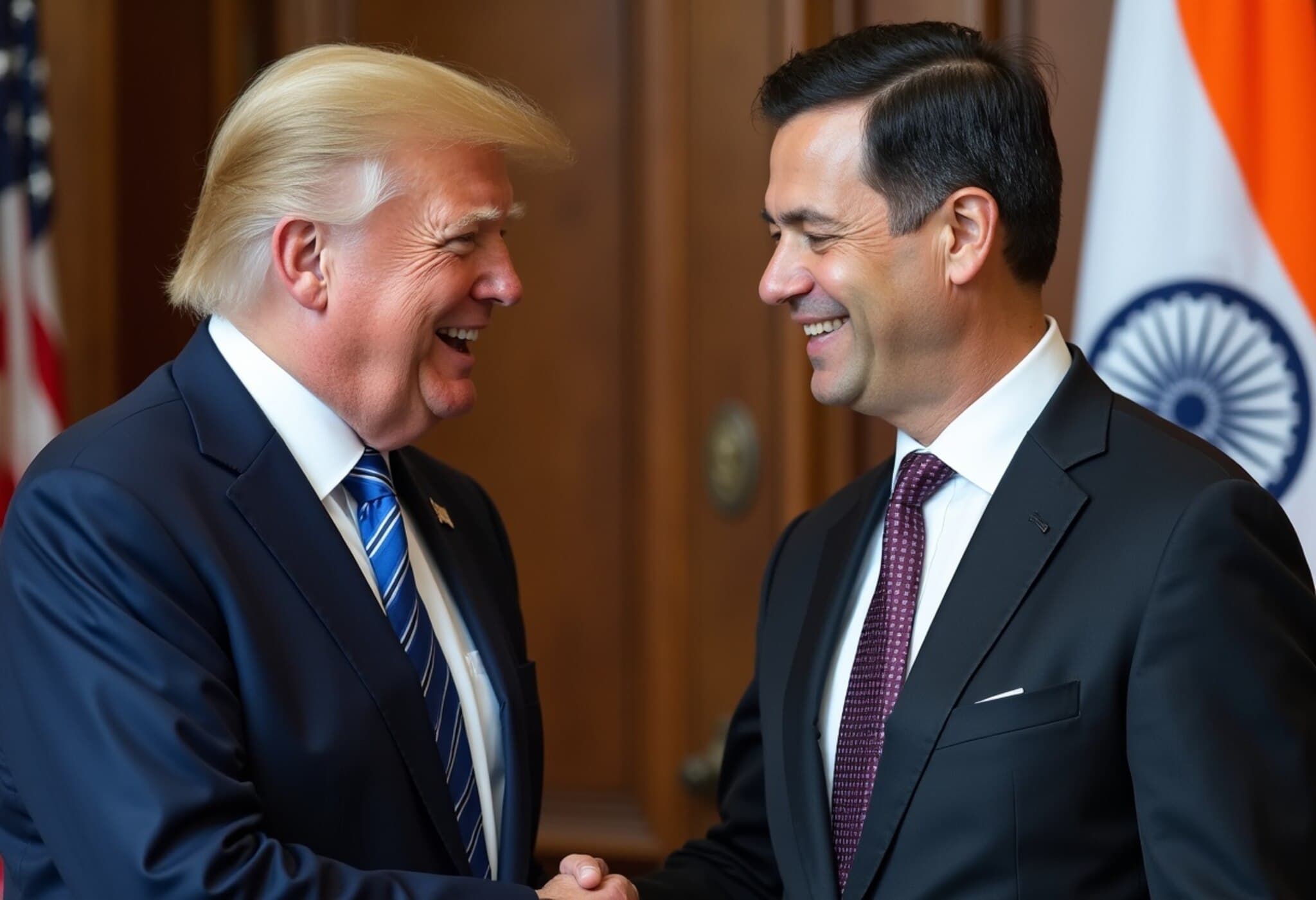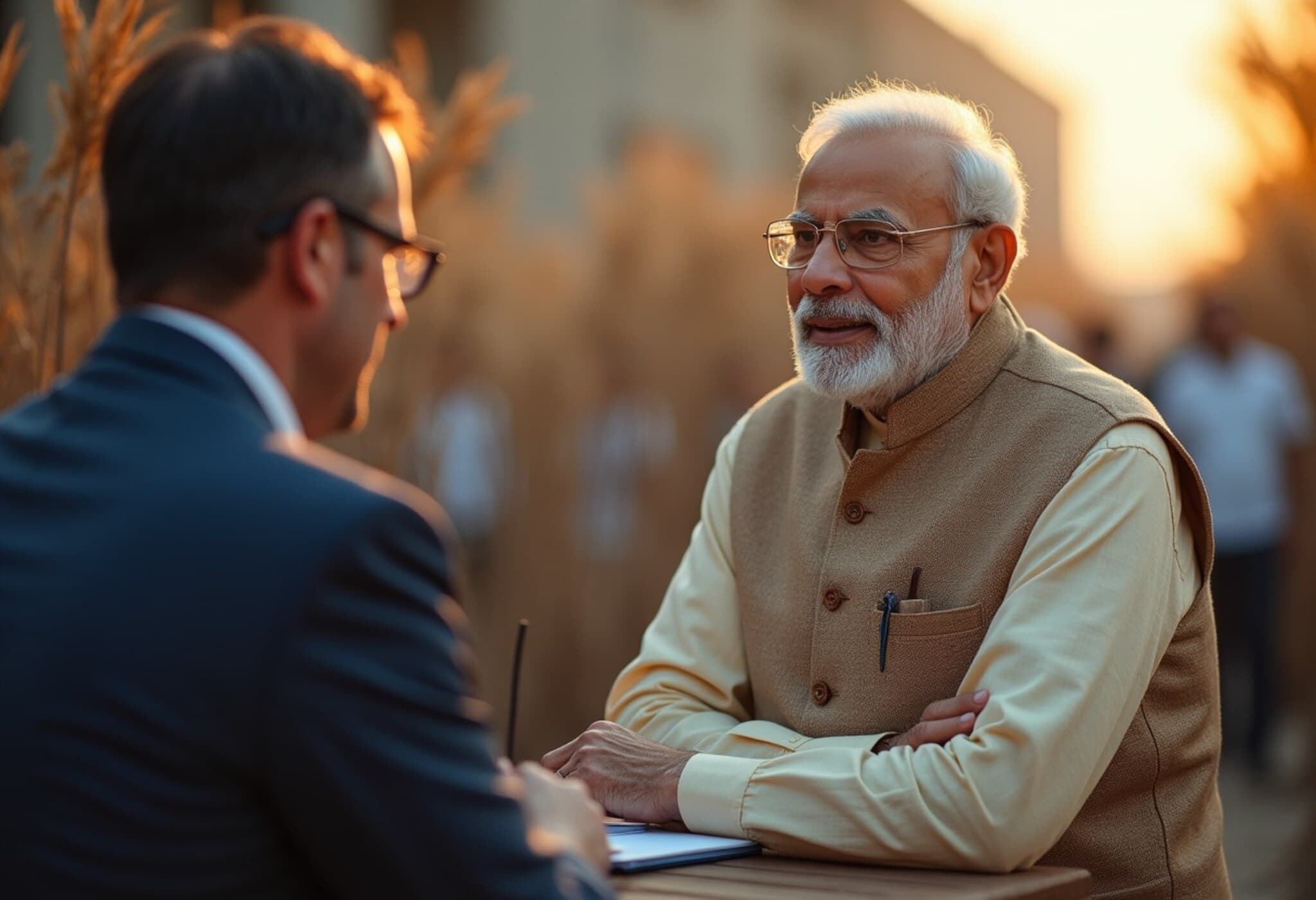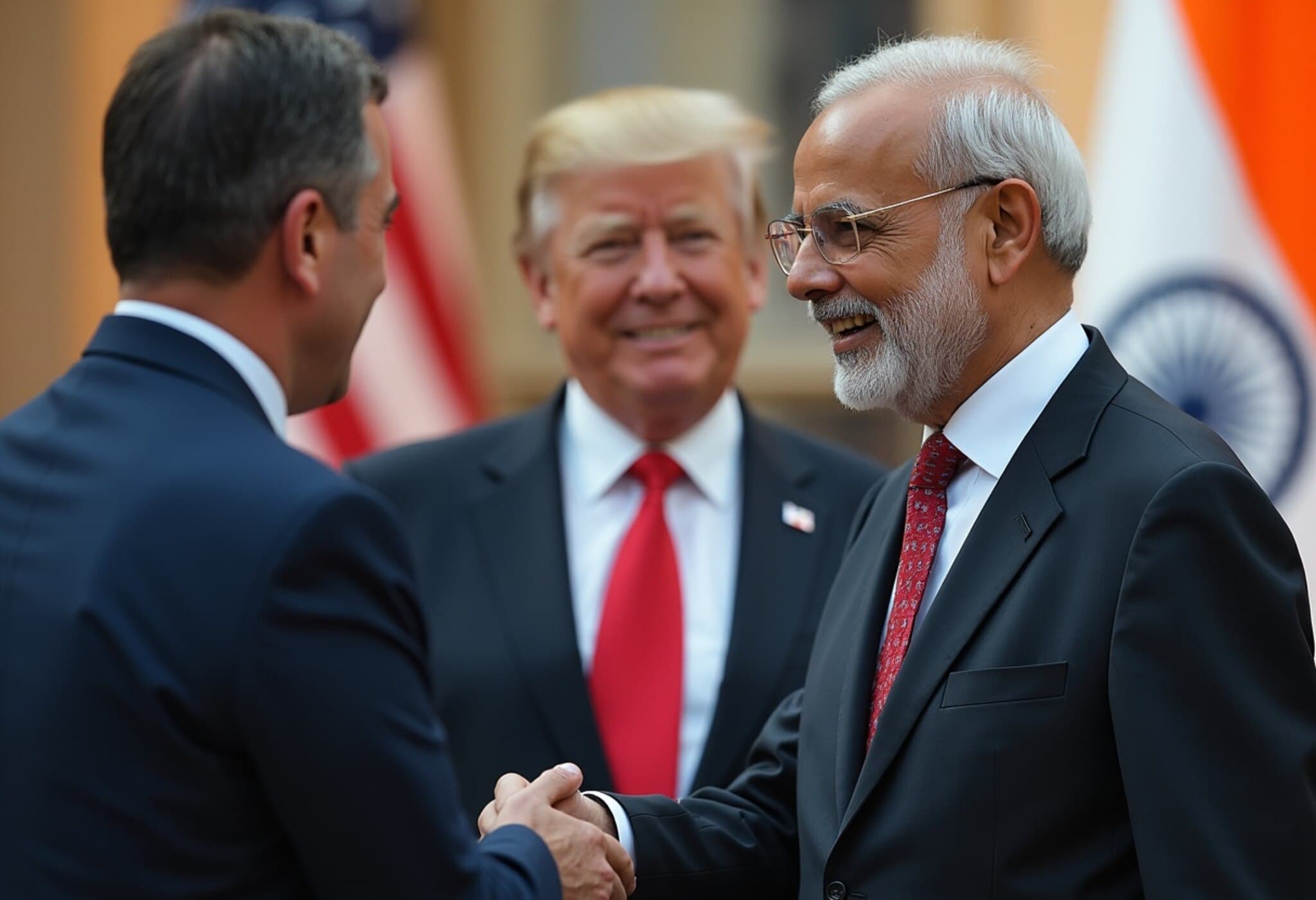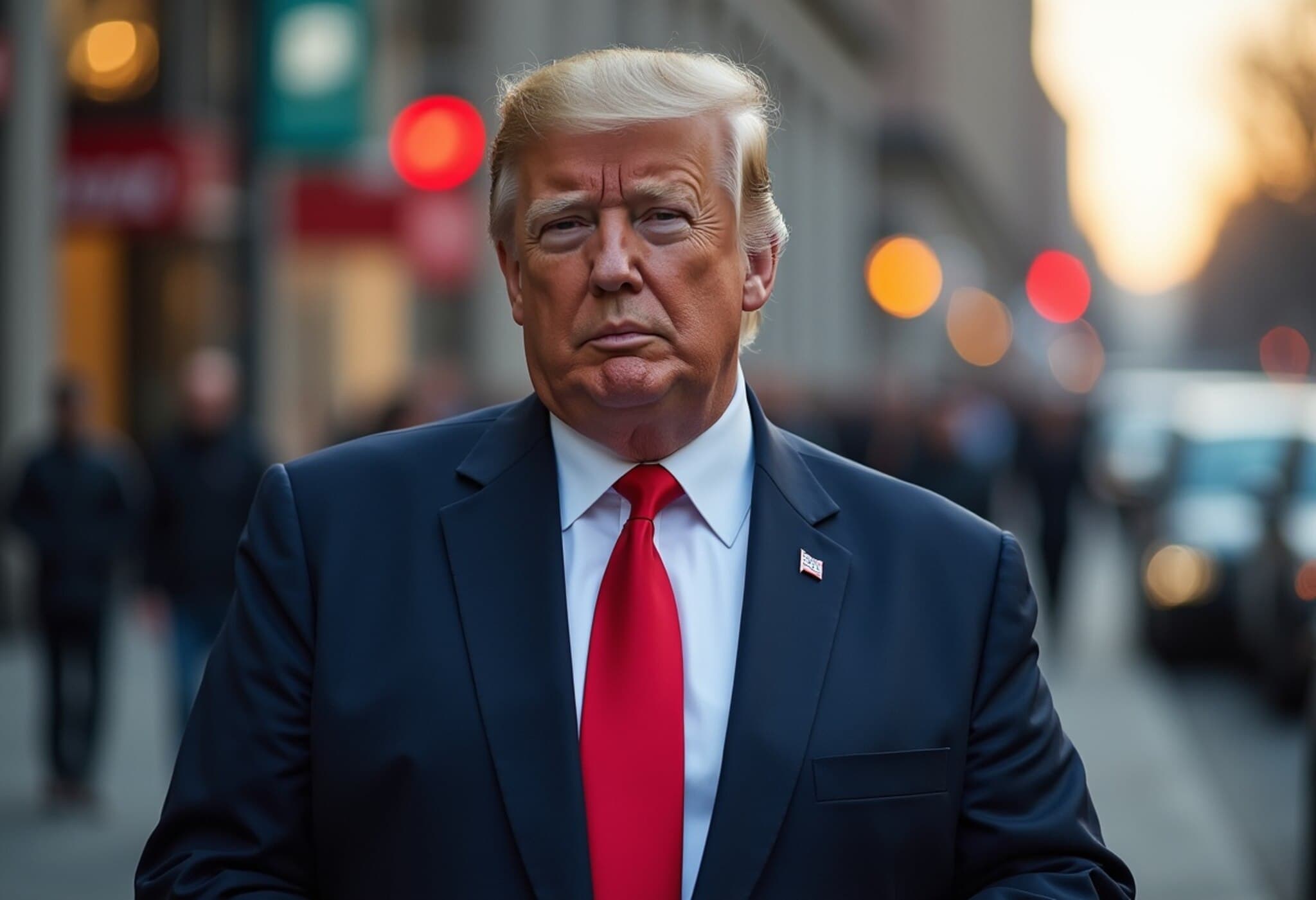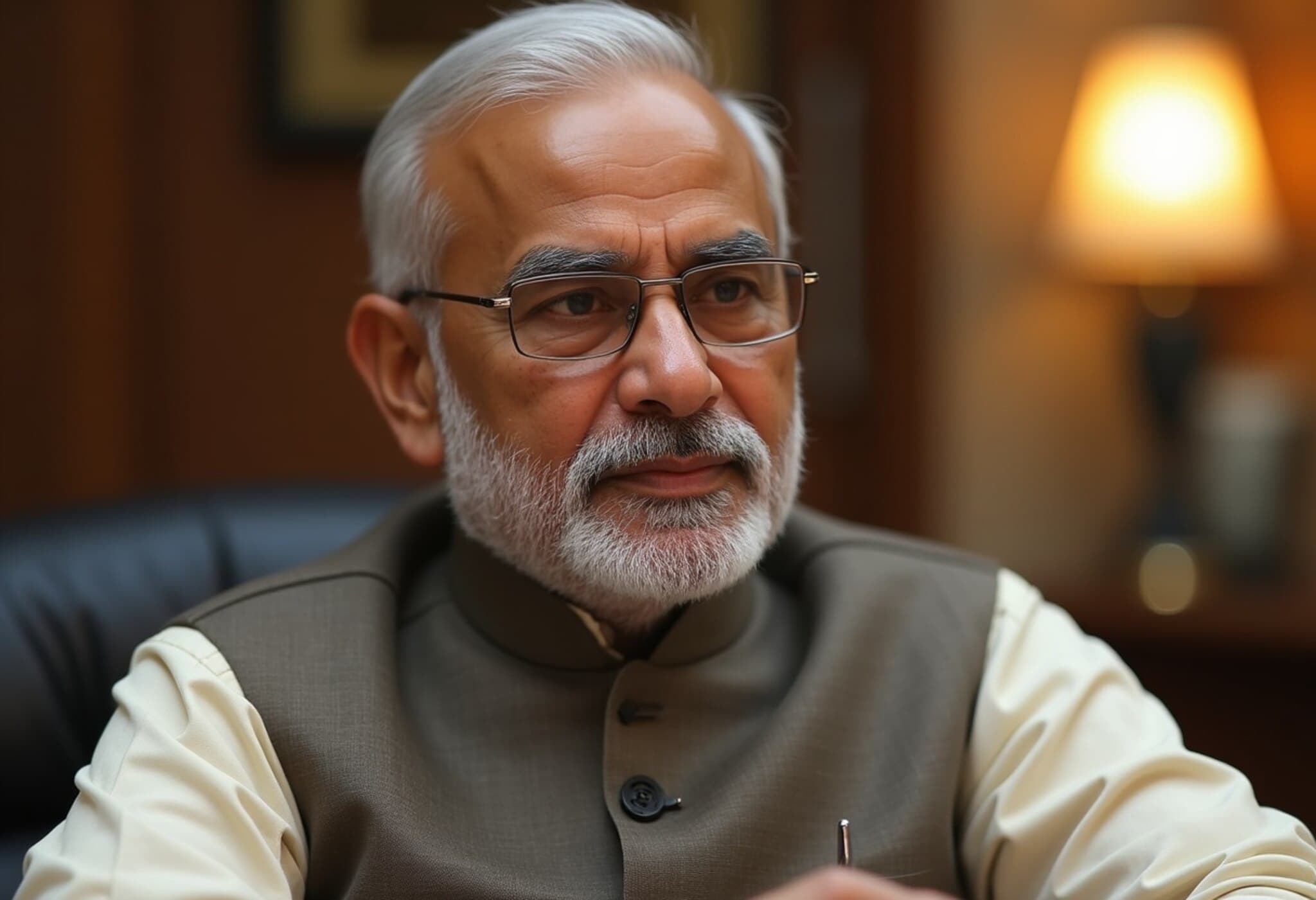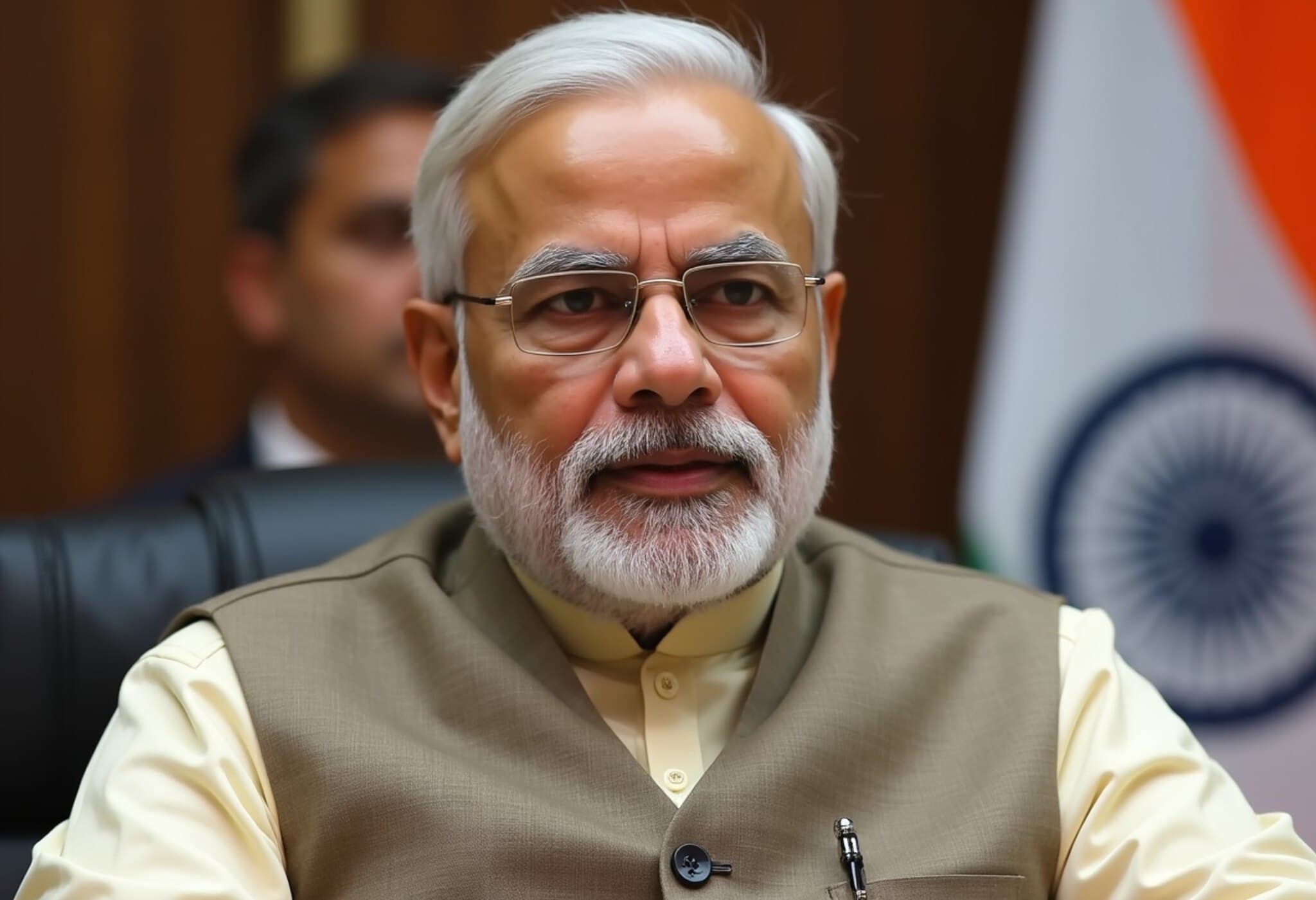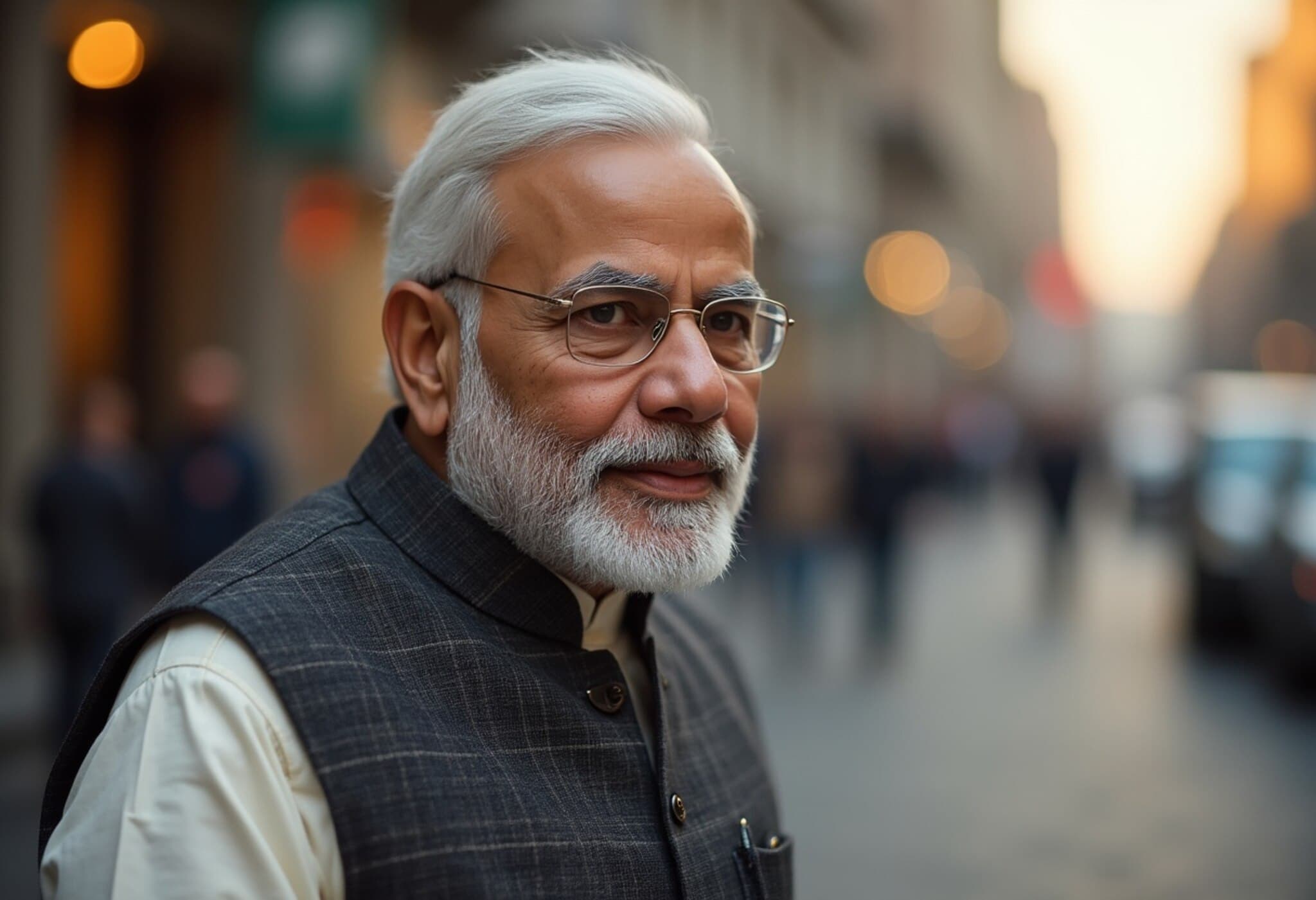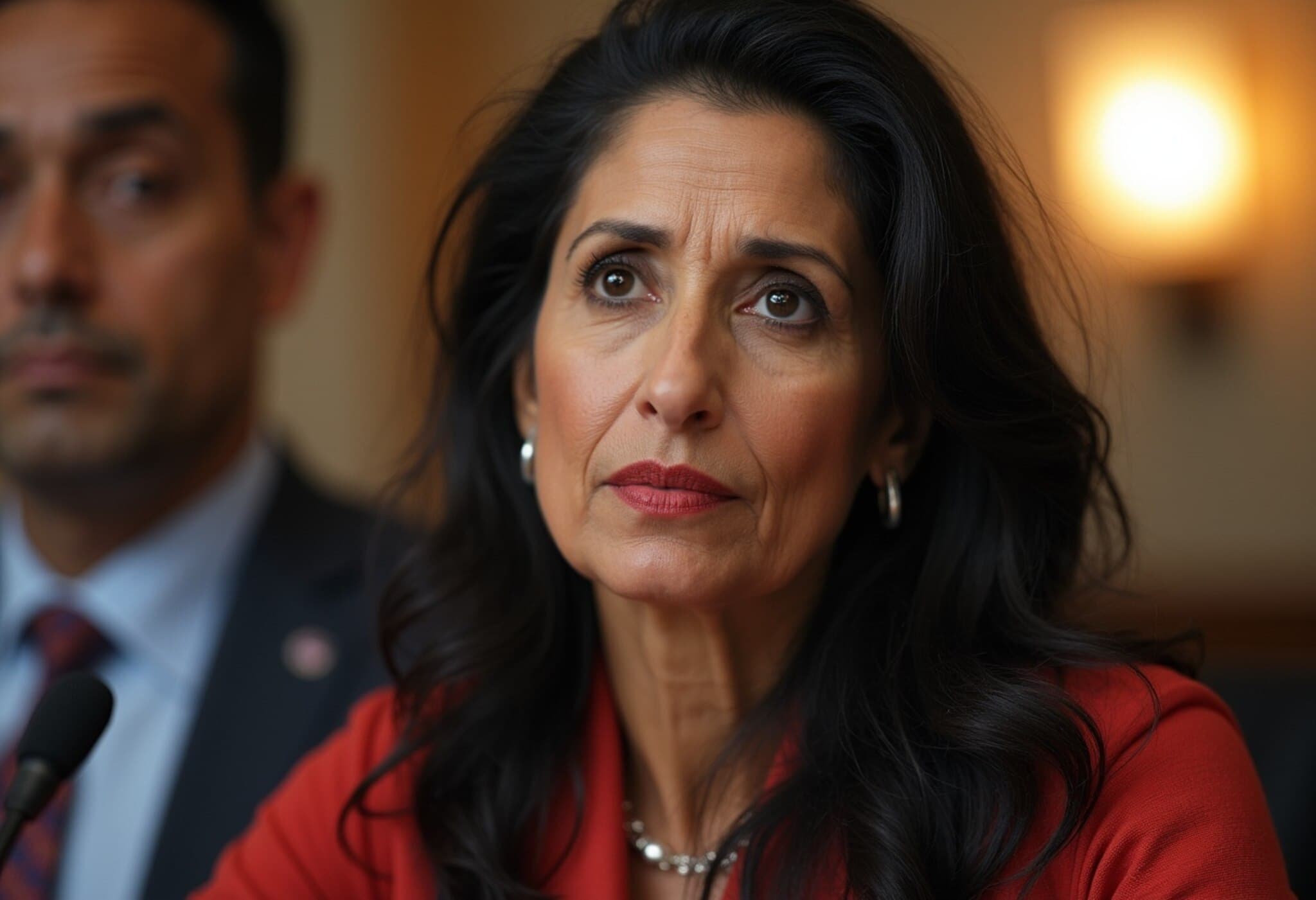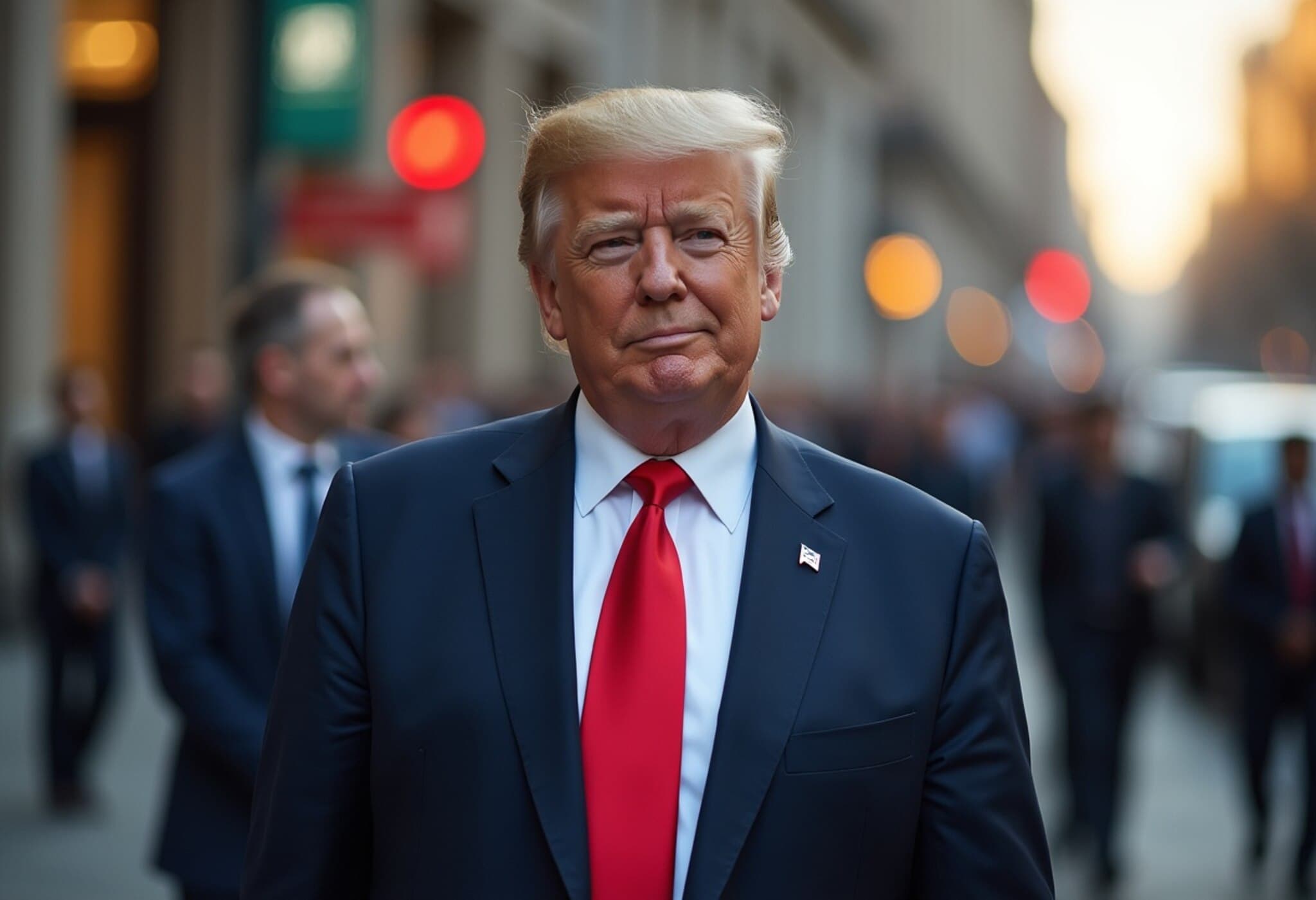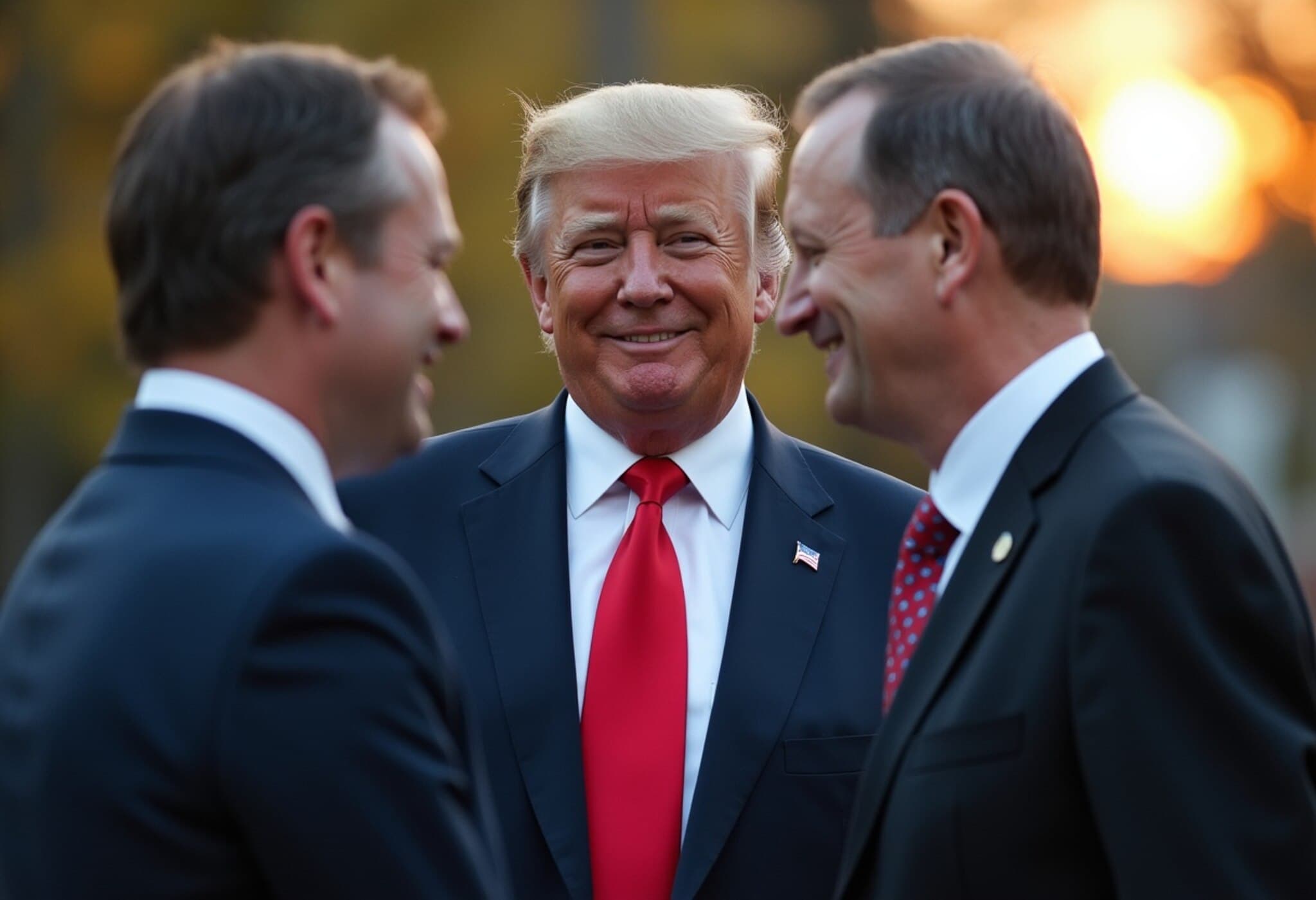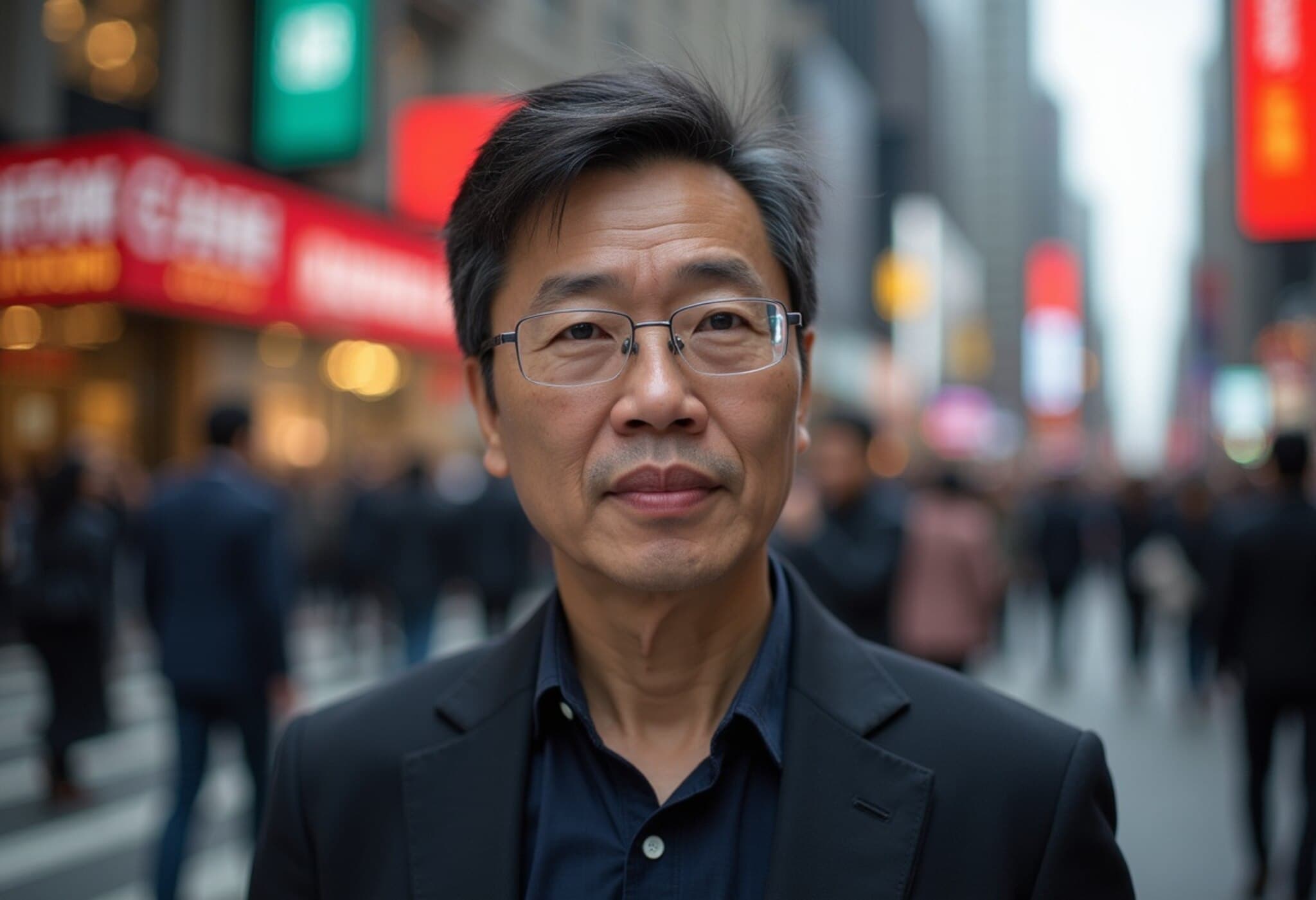Renowned Economist Jeffrey Sachs Condemns US Tariffs on India
In a candid and pointed critique, Jeffrey Sachs, the esteemed economist and professor at Columbia University, has denounced the recent tariffs imposed by the Trump administration on India, labeling them as bizarre and self-destructive. His remarks, delivered in an exclusive interview with ANI, draw attention to the broader geopolitical and economic hazards posed by these punitive trade measures.
Tariffs Threaten Long-Standing US-India Partnership
Sachs argued that the tariffs significantly undermine years of painstaking efforts to foster a strong strategic and economic partnership between Washington and New Delhi. The US initially announced a 25% tariff on Indian exports in July 2025, escalating it to a hefty 50% levy shortly thereafter, citing India’s ongoing imports of Russian oil amid global sanctions.
According to Sachs, this sharp turn in trade relations not only jeopardizes bilateral ties but also reflects what he calls “a shocking level of incompetence” within the US administration. He stressed that these tariffs are not simply a matter of economic miscalculation; they also raise serious constitutional questions regarding the authority with which such measures were enacted.
Legal Challenges and Constitutional Questions
Highlighting the internal US legal ramifications, Sachs pointed out that a lawsuit is currently pending before the US Appellate Court, contesting the legality of Trump’s tariff regime under the US Constitution. Specifically, he cited Article I, Section 8, which grants Congress—rather than the executive branch—the power to regulate trade.
“These tariffs violate not only international trade norms but also the foundational legal architecture of the United States,” Sachs remarked, cautioning that the administration’s unilateral action could be overturned as unconstitutional.
The Economic and Geopolitical Fallout
From an economic perspective, Sachs asserted the tariffs are likely to backfire, harming American industries and consumers by reducing market access and increasing costs. More ominously, from a geopolitical standpoint, he warned the tariffs might isolate the US on the global stage just when multilateral cooperation is critical.
“These policies will only embolden alternative global alliances like BRICS, which challenge the era of US dominance,” he explained. Sachs emphasized that Trump’s hardline trade approach risks pushing India—a key democratic partner—closer to other emerging powers, notably China, Russia, and Brazil.
India’s Strategic Response: A Model of Diplomatic Caution
Praising India’s restrained and pragmatic response, Sachs applauded Prime Minister Narendra Modi’s strategy of engaging with multiple global leaders to uphold a multipolar world order.
- Modi’s recent diplomatic meetings with China’s Xi Jinping, Russia’s Vladimir Putin, and Brazil’s Luiz Inácio Lula da Silva underscore India’s commitment to balanced international relations.
- Sachs characterized the BRICS bloc as representing the dynamic, fast-growing portion of the global economy advocating against unilateral dominance.
“India is wisely resisting the temptation to escalate rhetoric or retaliate rashly,” Sachs noted. “This approach safeguards India’s long-term economic and strategic interests.”
The Road Ahead: Bilateral Talks and Strategic Imperatives
India and the US have been negotiating a Bilateral Trade Agreement (BTA) since March 2025, aiming to finalize key phases by late 2025. The talks focus on sensitive sectors like agriculture and dairy, which employ millions in India, highlighting the need for balanced trade frameworks that respect domestic priorities.
Commerce Minister Piyush Goyal has reassured Parliament that the Indian government is carefully assessing the tariffs’ impact and stands ready to defend national interests.
Expert Insight: A Warning and a Call for Multilateralism
Jeffrey Sachs’ critique transcends the tariff dispute itself, raising profound questions about the direction of US foreign and trade policy under the Trump administration. His analysis serves as a stark reminder that unilateral protectionist measures can lead to diplomatic isolation, economic harm, and legal challenges within the US.
In an era where global challenges such as climate change, security threats, and pandemics require collaborative solutions, Sachs urges a return to cooperation and respect for multilateral institutions.
Editor’s Note
Jeffrey Sachs’ commentary offers a critical lens into the complexities of US-India relations amid escalating trade tensions. The unfolding legal battles in the US courthouses and India’s poised diplomatic balancing act highlight an increasingly multipolar world. Readers are encouraged to consider how economic policies not only shape markets but also recalibrate global power dynamics—and reflect the legal and constitutional frameworks that guide democratic governance.
Will the Trump administration’s tariffs mark a new chapter of isolationism, or will cooler heads prevail to strengthen the US-India partnership? This evolving story merits close attention for its implications on global trade, diplomacy, and the rules-based international order.


